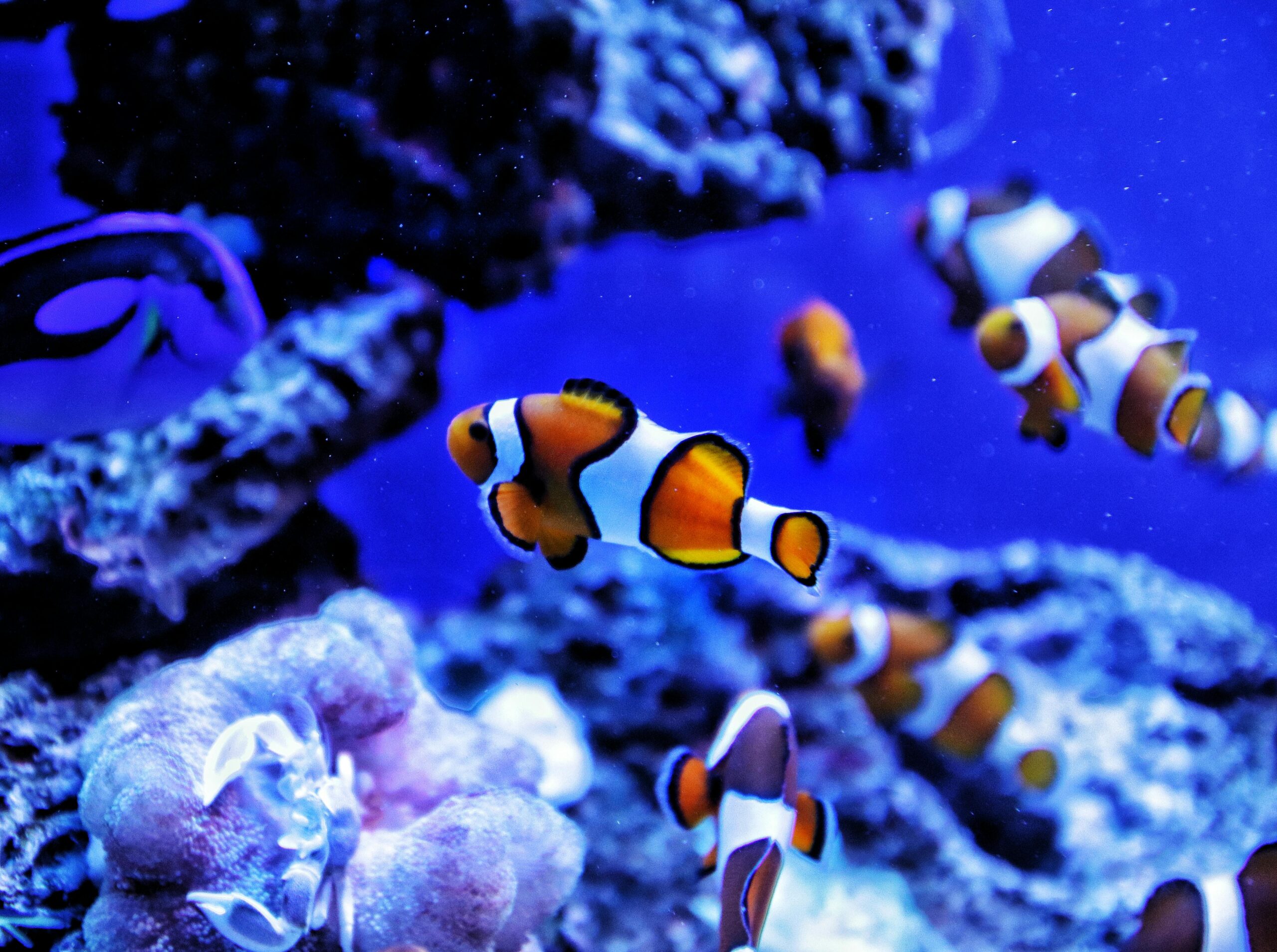Some animal species are adjusting their behavior and physiology in response to human-induced climate change. A recent study has found that clownfish, the saltwater species featured in popular media, may temporarily shrink in size during periods of ocean heat stress.
Published in Science Advances, the research was conducted on reefs in Papua New Guinea, where scientists monitored 134 clownfish monthly over five months. They found that some individuals reduced their body length by 1% to 2%—roughly one to two millimeters—as water temperatures increased during a marine heatwave.
This physical change was linked to a higher survival rate, with shrunken fish showing up to a 78% increase in survival likelihood compared to those that did not reduce in size. Researchers believe this may be due to reduced energy and food requirements in smaller individuals, though the exact biological mechanisms remain under investigation.
Interestingly, clownfish in breeding pairs were seen to shrink simultaneously, suggesting a potential cooperative response to environmental stress.
The findings suggest that other coral reef fish might also possess similar adaptive capabilities to withstand warming ocean conditions.







